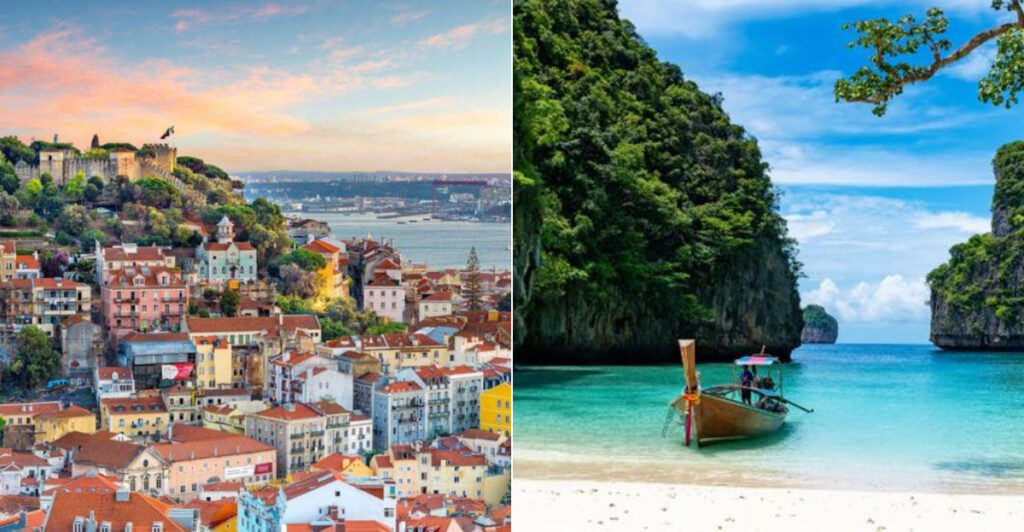Remote work has opened doors to incredible opportunities for Americans seeking adventure beyond their home country. Portugal and Thailand have emerged as top destinations for digital nomads, offering unique benefits that make working from abroad both affordable and exciting. These two countries provide everything from stunning landscapes to reliable internet, creating perfect environments for remote professionals. Americans are discovering that living abroad doesn’t mean sacrificing comfort or career growth.
1. Affordable Cost of Living in Portugal
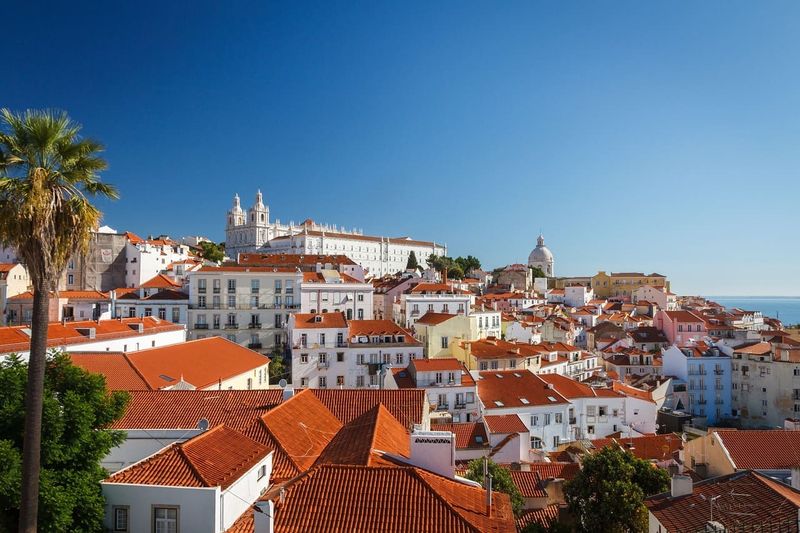
Your dollar stretches much further in Portugal than in major American cities. Lisbon and Porto offer comfortable living at 30-50% less cost than places like New York or San Francisco.
Monthly expenses ranging from $2,000 to $3,500 cover everything from housing to dining out. Compare this to the $5,000+ needed for similar comfort in expensive U.S. cities.
Rent for a nice apartment in central Lisbon costs what you’d pay for a small studio in Manhattan. Fresh groceries, local transportation, and entertainment all come at prices that make your remote salary feel like a raise.
2. Easy Visa Options for Long-Term Stays
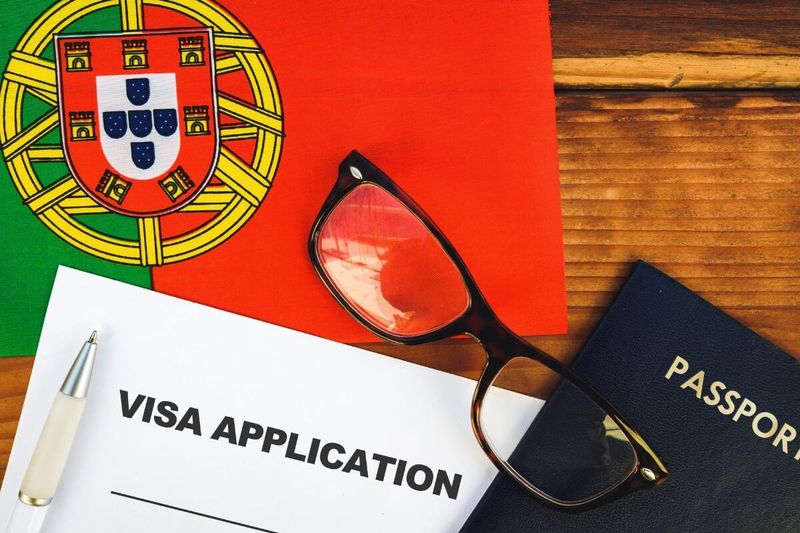
Portugal welcomes remote workers with straightforward visa programs designed for digital nomads. The D7 Passive Income Visa requires proof of just $760 monthly income, making it accessible for most remote professionals.
The new Digital Nomad Visa launched in 2023 allows stays up to one year with renewal options. Application processes are clear and well-documented online.
Unlike complicated immigration systems elsewhere, Portugal’s requirements focus on steady income rather than massive investments. Many Americans receive approval within months, not years, making the transition smooth and predictable.
3. Fast and Reliable Internet Infrastructure

Portugal boasts some of Europe’s fastest broadband speeds, averaging over 100 Mbps in major cities. Video calls, file uploads, and streaming work seamlessly from most locations.
Coworking spaces like Second Home Lisboa and Selina Navis cater specifically to digital nomads. These hubs offer high-speed internet, professional meeting rooms, and networking opportunities.
Even smaller towns and coastal areas maintain excellent connectivity. Whether you’re working from a beachside cafe in the Algarve or a historic building in Porto, reliable internet keeps you connected to clients and colleagues worldwide.
4. English Language Accessibility
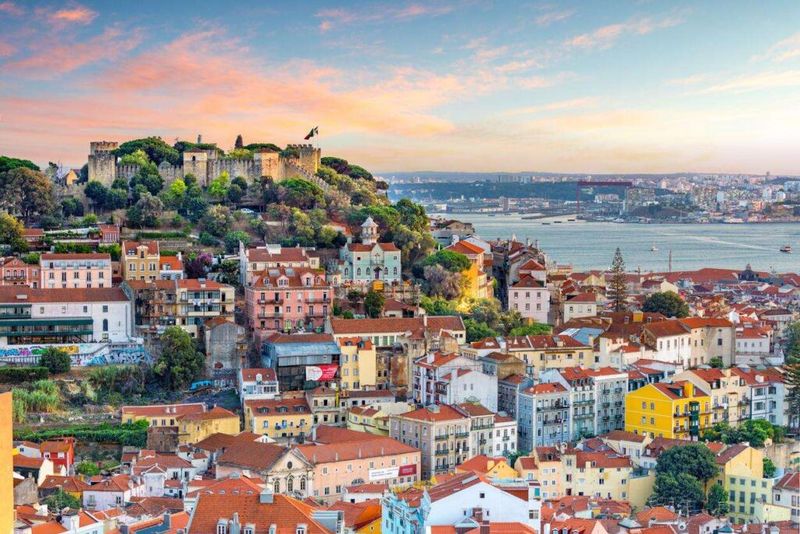
Over 70% of Portuguese people speak English, eliminating major communication barriers for American nomads. Daily tasks like shopping, banking, and dining become stress-free experiences.
Business meetings, healthcare appointments, and government services often accommodate English speakers. Many professionals in Lisbon and Porto are fluent, making work collaborations natural.
While learning Portuguese enhances the experience, it’s not required for successful living. Signs, menus, and apps frequently include English translations, helping newcomers navigate confidently from day one without feeling lost or frustrated.
5. Cultural Adjustments and Bureaucracy

Portugal’s slower pace of life delights some Americans while frustrating others accustomed to rapid service and efficiency. Banking, government services, and business processes often take longer than expected.
Opening bank accounts or obtaining residency can stretch over several months, requiring patience and multiple document submissions. Bureaucratic processes follow traditional European patterns rather than American efficiency standards.
Thailand presents different challenges, with language barriers outside tourist areas and complex visa regulations that change frequently. Both destinations require cultural adaptation and flexibility from American nomads seeking long-term success.
6. Perfect Work-Life Balance Opportunities

Portugal offers incredible diversity within short distances, from Atlantic beaches to historic mountain villages. Train rides connect work hubs to weekend adventure destinations in under two hours.
The Algarve’s Lagos attracts surf enthusiasts, while Madeira’s Digital Nomad Village combines tropical beauty with modern amenities. Both locations support remote work with reliable infrastructure.
Portuguese culture emphasizes leisure and family time, encouraging healthier work habits. Long lunch breaks, evening strolls, and weekend beach trips become natural parts of your routine, creating balance that’s harder to achieve in busy American cities.
7. Ultra-Low Living Costs in Thailand
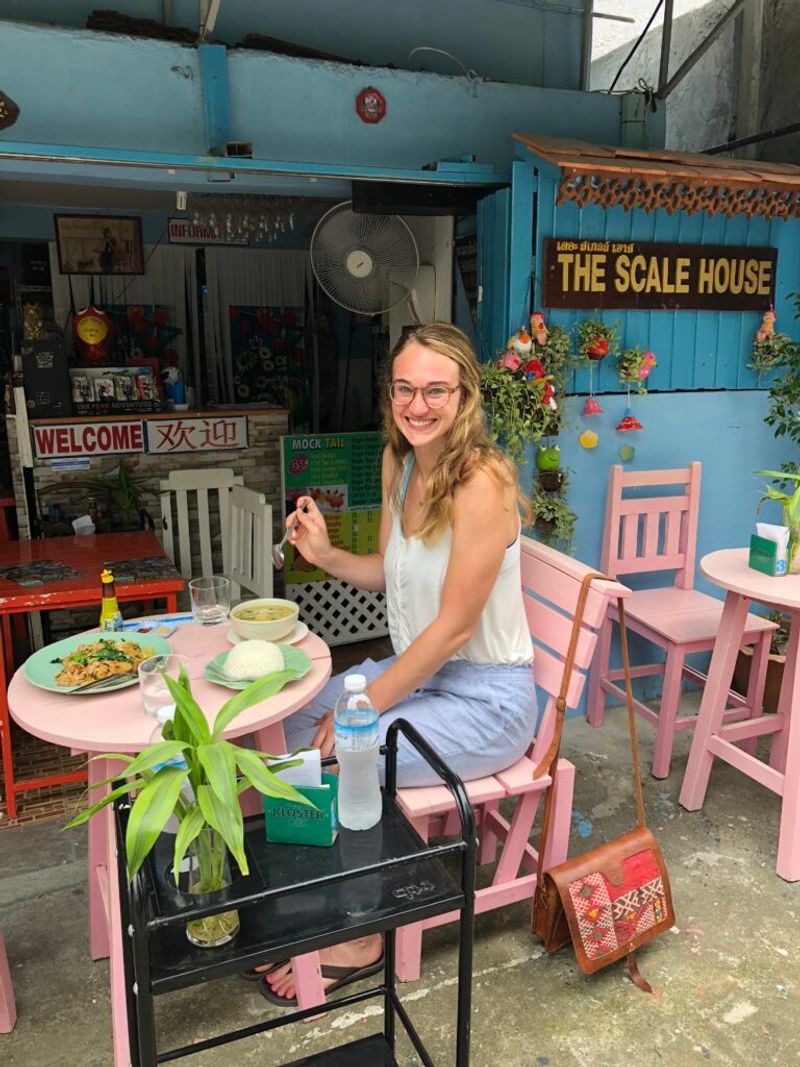
Thailand offers incredible value for money, especially in northern cities like Chiang Mai. Monthly living costs of $1,000-$1,800 provide comfortable accommodation, delicious food, and entertainment.
Bangkok and island destinations range from $1,500-$3,000 monthly for luxury living. These budgets include modern apartments, daily restaurant meals, and regular travel within the country.
Street food costs $1-3 per meal, while professional massages run about $10 per hour. Your American salary transforms into a premium lifestyle that would cost five times more back home, making Thailand incredibly attractive for budget-conscious nomads.
8. Long-Term Visa Solutions
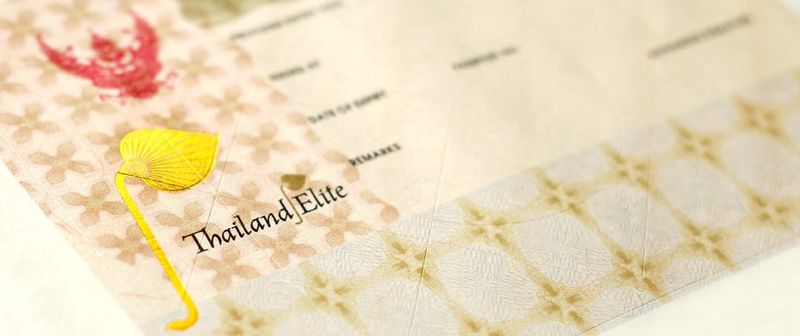
Thailand offers several visa options for extended stays, though they require more planning than tourist visas. The Thai Elite Visa provides 5-20 year stays for investments ranging from $15,000-$60,000.
Education visas present affordable alternatives, allowing year-long stays for around $1,500 while learning Muay Thai or Thai language. These programs combine cultural immersion with legal residence.
While visa runs were common previously, current regulations favor legitimate long-term options. Planning ahead ensures legal compliance and peace of mind for serious nomads committed to extended Thai residence.
9. Abundant Coworking and Cafe Culture
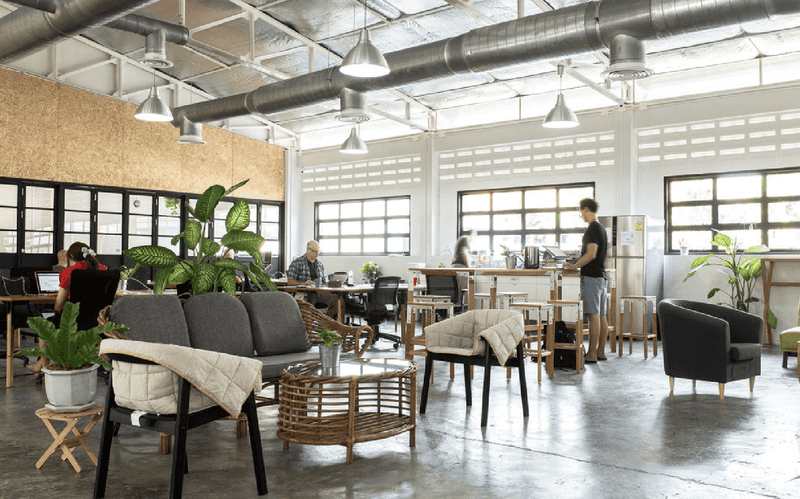
Thailand’s coworking scene rivals any major tech hub, with spaces like Punspace in Chiang Mai and The Hive in Bangkok leading the way. Koh Hub on Koh Lanta brings professional workspaces to tropical islands.
Bangkok features numerous 24-hour cafes with strong Wi-Fi, accommodating different time zones and work schedules. Air conditioning and comfortable seating make long work sessions pleasant.
Monthly coworking memberships cost $50-150, providing access to meeting rooms, printing services, and networking events. The community aspect helps combat isolation while maintaining productivity in inspiring environments.
10. Tropical Lifestyle and Adventure Access
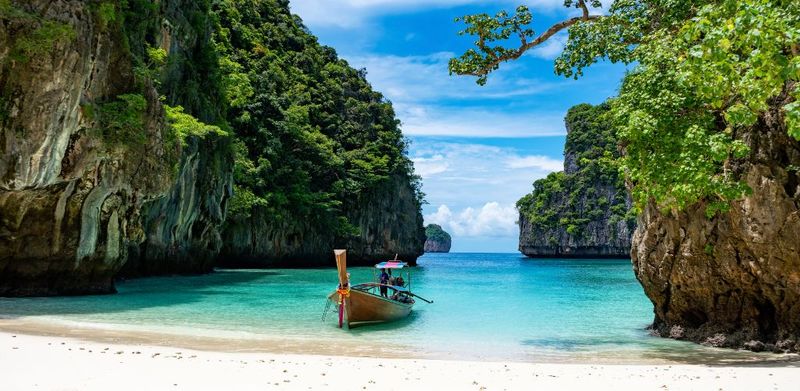
Thailand’s geography offers incredible variety, from mountain retreats in Pai to world-famous beaches in Phuket and Koh Samui. Each location provides unique experiences while maintaining work capabilities.
Weekend trips across Southeast Asia become affordable adventures with budget airlines connecting Thailand to neighboring countries. Vietnam, Cambodia, and Malaysia lie just hours away.
The tropical climate eliminates seasonal clothing needs and heating costs. Year-round warmth supports outdoor activities, beach workdays, and a generally more active lifestyle that many Americans find refreshing and energizing.
11. Thriving Expat Communities
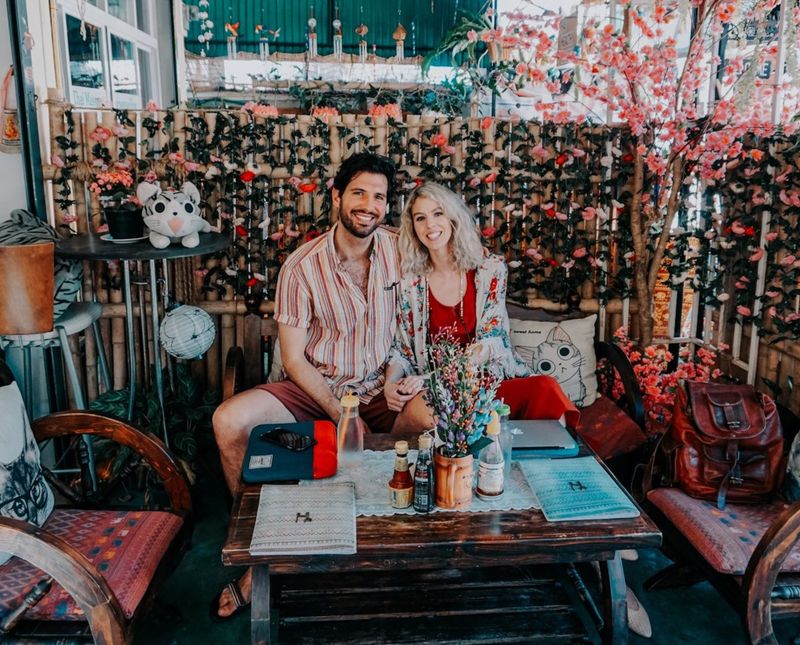
Chiang Mai hosts thousands of digital nomads, creating instant networking opportunities and friendships. The concentrated community makes finding like-minded professionals effortless.
Facebook groups like “Digital Nomads Thailand” provide immediate connections, housing tips, and local advice. Meetups, coworking events, and social gatherings happen regularly.
Established expat communities offer mentorship for newcomers, sharing practical knowledge about banking, visas, and local customs. This support network reduces the typical challenges of international relocation while building lasting relationships.
12. No Winter, Ever

Picture working from your laptop while palm trees sway outside your window and temperatures hover around 80 degrees year-round. Thailand offers American digital nomads the ultimate escape from harsh winters and unpredictable weather patterns.
Seasonal depression becomes a thing of the past when your office view includes tropical beaches and sunshine every single day. Many remote workers find their productivity actually increases when they’re not battling snow, ice, or gloomy winter months.
The consistent warm climate means you can maintain outdoor activities, beach walks, and vitamin D levels throughout the entire year, creating a healthier work-life balance.
13. Healthcare is Top-Notch & Cheap
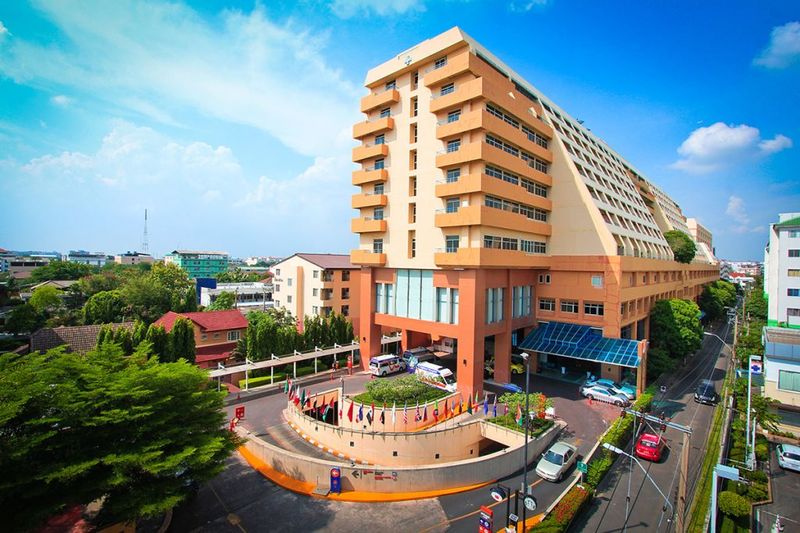
Medical tourism put Thailand on the map for good reason. The country boasts world-class hospitals with doctors trained internationally, often speaking perfect English. Many facilities rival those found in major American cities but cost a fraction of the price.
A routine doctor visit might cost just $15-30, while dental cleanings run around $20. Even major procedures like surgeries or specialized treatments cost 70-80% less than American prices. Most hospitals accept international insurance or offer affordable cash payment plans.
Bangkok and other major cities feature modern medical centers with cutting-edge technology and shorter wait times than back home.

